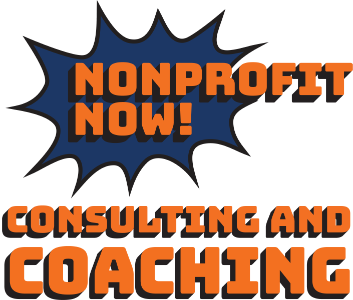|
I'm trying something new today. At the suggestion of a colleague, I've been reading a book called the "Accidental Genius" where one of the central themes is "free writing." This is essentially what many people might call private writing or journaling. The main emphasis here is writing fast and continuously. The only thing that's not so different than what I typically do - or have been doing for the past two months or so - is setting a timer. I typically set my timer but in truth, I do it once I've landed on a topic. Sometimes I've come up with a topic way before I sit down to write. I seem to get a decent number of ideas when I'm running or cycling in the morning. That's probably the result of having a clear mind. Or at least the only thought occupying my mind is how can I do this a little better, a little faster or more efficiently. So, while I wouldn't say that's "cheating" the process, I'm typically starting with something.
The other big difference is that I share my stuff with you, the readers. Today is different. I set the timer and started exactly what you're reading right now. By reading this you're participating in a live experiment or beginning of a newer practice. I truly have no idea where this will land but in the hopes of coming up with something interesting - or perhaps it will be where we start tomorrow - I'll throw down three topics: Nonprofit Leadership Board Development Volunteer Recruitment and Management in the Virtual World Hmmm....I realize these are things I've written about over the last few weeks so they're top of mind. So, I'm going to push for three new topics that come to mind: How to build a fundraising program How to create a more vibrant nonprofit community wherever you are How to change the dynamic of nonprofits today. I like the last one. While it's been discussed before and I have no doubt there are a few books on it, here's the big question: Is there a better model for organizations that concern themselves with solving the world's social problems? Diving in a little deeper, what is better in this case? Well, currently, the mindset is that (for the sake of this discussion, let's call them helping organizations or help orgs for short) should adhere to what Dan Pallotta once described as the Puritan model for charity. He was referring to the fact that charities originated from our forefathers need to do penance for what they deemed were the capitalistic tendencies they brought to the New World. They were buying and selling land, trading and a host of other things that they looked at as somewhat sinful. So they felt they needed to do something redeeming. This is where the concept of tithing started as well. From this mindset, charity was born. I might not have all of this down perfectly but that's the gist. You can learn more in either of Dan Pallotta's books Charitable or Charity Case. I highly recommend both. Well, the timer just went off. If you've continued with me this far, Thanks for playing! I think we might be on to something interesting and I'll continue tomorrow. Unless the fast writing takes me in a new direction.
0 Comments
Leave a Reply. |
AuthorRobert Grabel is the President of Nonprofit Now! You can find his posts here and at www.robertgrabel.com Archives
August 2022
Categories |


 RSS Feed
RSS Feed
